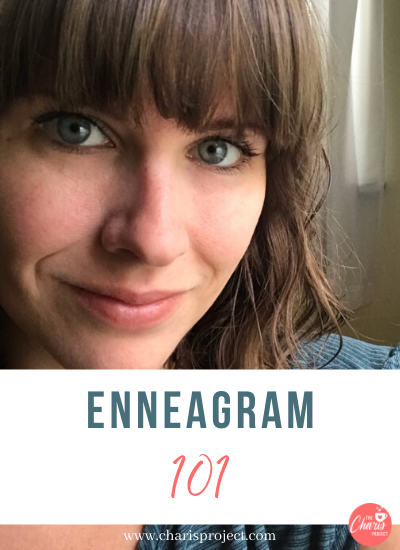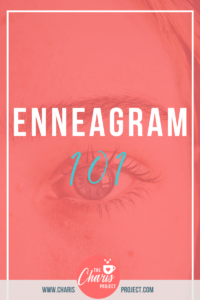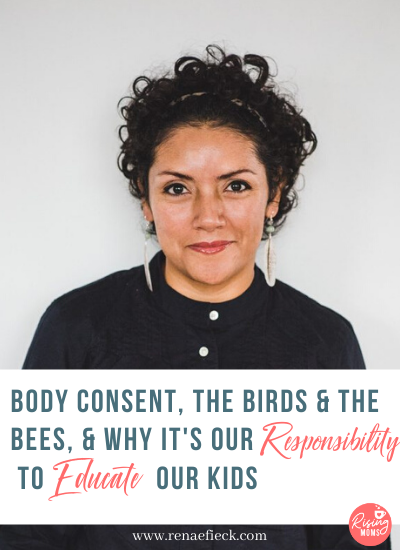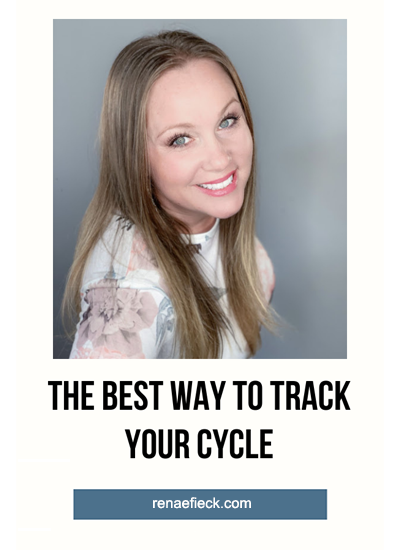
Enneagram 101 with Brittany Thomas
You might have taken some tests on the different personality diagrams out there. And you either relate or not with the results. But there’s this interesting personality diagram that goes more than just describing you, and it involves a lot of self discovery.
Enneagram is a personality diagram that is based on the motives on why we do what we do. So when Myerss Brigg tells you who you are, Enneagram tells you WHY you do what you do. So it is more on digging deep into your psyche.
Why You Need to Know Your Enneagram?
The more we know ourselves, the more we honor our uniqueness. Knowing the motives and fears behind actions, the more it is easier for you to understand, and engage with others. If you know the other person’s Enneagram type the better!
In addition, Enneagram helps you know what you need to grow into to find balance in your life.
“The more we know ourselves, the more we honor our uniqueness.”
–Brittany Thomas
The Types
Now here’s the gist of the core motivation and fears of each 9 personality types in the Enneagram:
Type 1
Core desire: to be good and right. They want to be ethical, they want to make the right choices.
Fear: being bad, wrong, or making mistakes.
Type 2
Core desire: to be loved, needed, and wanted— not just for what they do, but for who they are just as themselves.
Fear: to be unloved and unwanted. In a lot of times they help people— because in that case, people will need and want them.
Type 3
Core desire: to be valuable, successful. But not just in corporate-ladder type of success. They want to be the achievers on the things that they want. It could be their job, family, or others.
Fear: failing. It is a huge thing for them.
Type 4
Core desire: to be authentic. They want to be uniquely themselves.
Fear: having no significance, or no identity in this world.
Type 5
Core desire: to be capable and competent. And this is more of wanting to have more knowledge before they do anything.
Fear: being incapable and incompetent
Type 6
Core desire: to feel safe and secure. Especially with trusting others and the whole situation.
Fear: having no support and guidance from other people.
Type 7
Core desire: to be content and satisfied. They want to keep the fun stuff and keep going after the next adventure.
Fear: feeling deprived, trapped. Especially in the emotional pain.
Type 8
Core desire: to be autonomous and independent. They want to do their own thing, but it is rooted in their…
Fear: being controlled, harmed, or manipulated. They don’t want to be vulnerable.
Type 9
Core desire: to be at peace, harmonious, and connected with others. They will agree just to get along and won’t typically rock other’s boats.
Fear: feeling separated, disconnected. Conflict is a huge fear.
“But I could identify with more than one!”
Most of the time yes, you will resonate with most of them. We are humans after all, and these fears are typical for us. But what we need to identify here is our CORE reason. Picture yourself in a crazy situation where you could only save one in the nine core desires. Alternatively, point out what fears you the most. That is why it is important to really dig— and approach a coach even. You might initially identify yourself as type 6 because you want to be safe and supported, but then you ultimately fear making mistakes so you’re a type 1.
It is also possible that you pick up pieces of other people and so you might identify with the types that they have.
The Role of Enneagram in Your Relationships
Knowing what motivates and scares you makes you understand your actions when you deal with certain people or situation. All the more when you know the Type of the other person. So, what you think is a harmful intention is not necessarily what they intend.
Also, enneagram helps you understand that people needed to be loved in different ways. In some way, we tend to love another by how we wanted to be loved. And acknowledging that the other person has different needs will truly help both in finding common ground.
What Energizes Your Type
Part of the enneagram is for each type, they become the negative traits of another type when stressed and a number that they go for growth. For example, if you’re a one, you go to seven for growth. Since you find it hard to relax, you need to navigate the type 7 (fun and satisfaction) for balance.
You might also notice how you attract certain types. Either their your opposites, or your same types. But ultimately, it is an advantage to be aware of the type of friends you have right now. Because if you mingle with your same type, you won’t be able to notice what part of you needs to improve. Have friends with the opposite types and see how you gain more balance in your life!
Your ‘Other’ Numbers
Our default negative traits when we are stress is called the ‘stress’ number. But ironically, your stress number would help you cope with your stress. If you’re looking for the best way for recharge and self care, look for your stress number.
The Growth number on the other hand is the area in which we need to navigate to find balance and develop ourselves.
Stress and Growth Number
Type 1
You are: focused on getting things done.
Stress no: 4. You become more critical and judgemental of your and others’ “mistakes”
Growth no: 7. Allow yourself to have some mindless fun to balance your life!
Type 2
You are: a giver, helper, lover. You find it hard to say “no.”
Stress no: 8. you harness the assertivenes of your needs.
Growth no: 4. know what you need and give more focus on yourself than others.
Type 3
You are: an amazingly productive person. You always try to achieve and connect with others in ways to help yourself achieve.
Stress no: 9. you lose yourself in the process of gaining approval and success
Growth number: 6. focus a little bit more on getting support from others, or community.
Type 4
You are: good at knowing yourself.
Stress number: 2. You can be supportive and encouraging of other people.
Growth no: 1. Set yourself a structure or routine that works for you. Because you can get caught in your fantasy world. This keeps you from doing what you need to do.
Type 5
You are: very knowledgeable. So adapted and great in solving situations. You can think and overthink, so you sometimes get stuck.
Stress no: 7. You can get self-indulging and all over the place.
Growth no: 8. Be assured and assertive of yourself in connecting to the world.
Type 6
You are: Super loyal and highly focused on your duty to others.
Stress no: 3. You become competitive or busy
Growth no: 9. Try to loosen up more and go with the flow with others
Type 7
You are: Always positive and optimistic
Stress no: 1. You can get critical, structured, and routinely
Growth no: 5. Withdrae a little bit and delve deeper into things.
Type 8
You are: The protectors. You finish the job.
Stress no: 5. You become secretive, withdrawn, and overthinking
Growth no: 2. Be caring and nurturing of others to balance your assertiveness
Type 9
You are: easy going, goes with the flow that you tend to forget what you actually want.
Stress no: 6. You do a lot of self doubting
Growth no: 3. Identify what you want and get things done to get there!
Remember…
It takes a lot of inner work and understanding to know yourself. And remember that despite your motives and fears, people would still love you.
Meet Brittany
Brittany is a pastor’s wife, homeschooling mom of 5, and enneagram coach. She’s the voice behind Enneagram Explained on IG.




